On February first this year, an hour after the UK left the European Union, the Maldives re-joined the Commonwealth, after a four years hiatus, as the republic quit the Commonwealth in 2016 after being threatened with suspension over its human rights record and lack of progress on democratic reform. President Ibrahim “Ibu” Mohamed Solih, a campaigner for democracy during decades of autocratic rule, was elected in 2018 and promised both political change and the return to the Commonwealth.
Despite having an illustrious diplomatic career to lose, when the government of Maldives was overthrown in 2012, Dr Farah Faizal quit and joined President Nasheed in his fight to bring back democracy to the island state. From demonstrations outside the headquarters of international organi- sations to serving as the Spokesperson in Europe for the Maldivian Democratic Party (MDP), Dr Faizal was determined to do her best to bring the rule of the people back to her country.
The first Maldivian woman to receive a PhD (in Politics), Dr Faizal also has a BA (Hons) degree and an MPhil in International Relations (the latter by Cambridge University). Her interest in relationships between nations and current affairs led her to a diplomatic career quite early on. She served as High Commissioner of Maldives to the UK as well as non-resident Ambassador to Denmark, Finland, France, Norway, Spain and Sweden from 2009 – 2012.
With the change in government in November 2018, she was appointed Ambassador to the United Kingdom, and as the Maldives rejoined the Commonwealth, Dr Faizal is now the High Commissioner of the Maldives here in London and non-resi- dent ambassador to France and Spain. Our Editor Julia Pasarón and Deputy Editor Lavinia Dickson-Robinson interviewed H.E. Dr Farah Faizal just as the good news were coming through.
– Dr Faizal.The Maldives in which I grew up were very different from the Maldives of today….
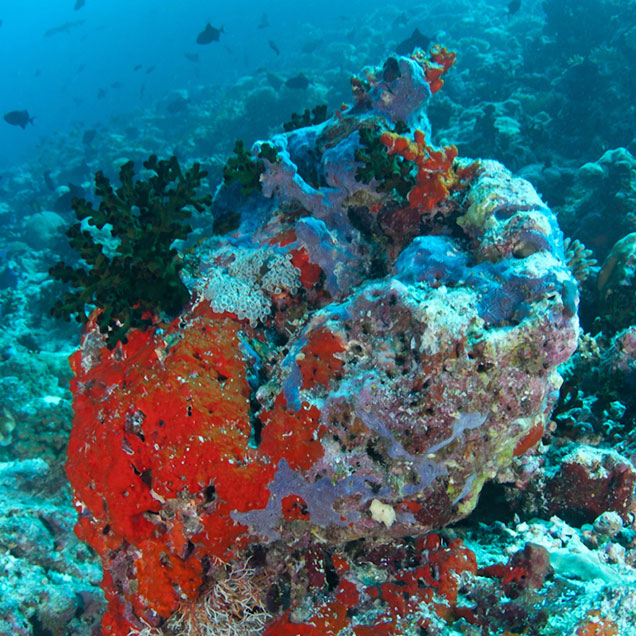
I-M: It seems that from an early age you were very interested in international pol- itics and relationships between nations. How did this interest start?
Dr F: I think it started from having an interest in History and Current Affairs in school. They were subjects that fascinated me so I knew that was the direction I wanted to follow. Of course I didn’t know then I wanted to be a diplomat, probably I didn’t even know what that was as a child but was always interested in what was going on between nations.
At University I thought of working in an international organisation like the UN or the Commonwealth but I wasn’t sure if I wanted to work in the Foreign Service. Doing international relations at university presented so many opportunities! Actually I did work for a bit for UN in the Maldives, for their Population Fund but then I got involved in the democracy movement of my country and that laid down the path to here.
I-M: Another subject in which you seem quite vested is Human Rights, especially gender equality, as shown by the book you co-edited, “A clearing in the thicket: Women, Security, South Asia.” How do you think the problem of gender equal- ity is in SIDS than in let’s say, Western Europe or the US?
Dr F: After I finished my PhD, we had many South Asian NGOs organising conferences and seminars on various aspects of security and relations between states in South Asia. Within that frame, I met a group of young women eager to discuss what all those concepts meant for us, what did security mean for women: was it wars? And that is how we put the book together, with contri- butions from very ladies from very different countries from Bangladesh, India, Maldives and Pakistan. In terms of gender equality, I don’t think we can generalise as to say there is an SIDS take on gender equality as each of these nations are very different. In our country, we still have a long way to go but one could say we have a solid base. We have had Queens in the past in the Maldives.
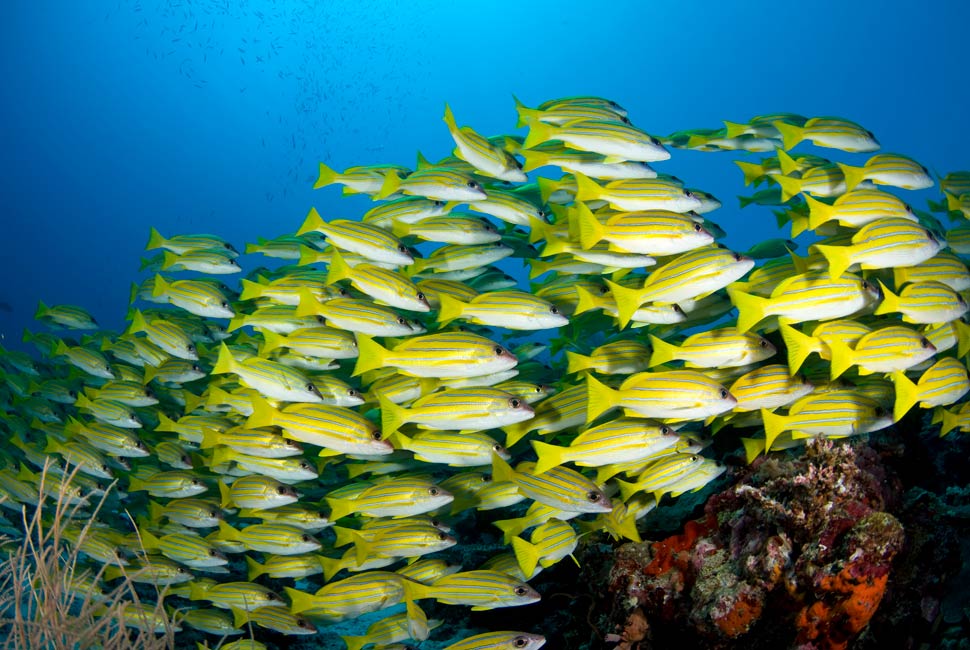
There is a history of female rulers both pre-Islamic and after the advent of Islam. Maldives has one of the highest divorce rates in the world, but in our country, a divorce for a woman is not seen as something undesirable at all. On average, by the time a Maldivian woman has reached the age of 30, it is quite normal that she would have been divorced three times. There is no stigma to it. So in that sense, we could say it is a society of very strong women. However, on the other hand, when you look at socio-economics of the country, it is still dominated by men who work, while women are mostly in charge of raising children and playing a subservient financial role to the men.
I-M: Climate change, among other sustain- ability issues has become of paramount importance for islands around the world. How is it affecting the 1,200 islands that make up the Maldives, which are,on aver- age, just 1.5m above water? What other conservation and sustainability challenges are the Maldives facing?
Dr F: The first thing I say when people ask me if we are going to survive is that we have done so for 2,000 years so I am confident we’ll find a way to survive in the future. However, we have to face reality; and that reality is worrying. We have a terrible prob- lem with erosion due to the changes in the seasons. So traditionally, one season would see a part of an island eroding and then in the next we’d get the beach back, much like the leaves falling in autumn to return in spring. What if the trees never bloomed again? Unfortunately, in the last 10 years we have had cases in islands where the beach disappeared never to return.
Climate change is affecting us today. From my part as High Commissioner, I speak to universities and we run a school programme in which we talk about climate advocacy, always with a positive message. So instead of saying something like “if you do this, you’ll be damaging the Maldives,” we’d say, “if you do this, you’d be helping the Maldives.” For example, plastic pollution is a big issue for us, as our territory is 99% water so we tell school children and university students that by reducing plastic they are helping us, by putting an extra jumper on instead of turning up the heating you are helping us… all these are positive messages, constructive education.
The idyllic beaches of the Maldives make the country a popular destination among honey-mooners…

Extreme weather is another concern for us. Traditionally we’d have two main seasons in the Maldives: a very wet one Hulhangu Moosun (kind of Monsoon style) and a drier season Iruvai Moosun. However now they are all mixed up. You can come at any time in the year and it is impossible to predict the weather. We used to know when the rains would come, when it was safe to travel between islands… The 14 days weather patterns we learnt as children called Nakaiy don’t seem to work anymore.
Even fishing is affected by these changes. Tuna feed where the schools of fish are and these are changing locations and the time of the year when they come to our waters. Last, I’d mention coral bleaching, which in El Niño years becomes really bad. Fortunately we have an excellent programme for coral research. We invite experts from all parts of the world to come and help us. Recently I spoke to the Scottish Ocean Institute, to see if they would establish a link with our Marine Research Institute because they do a lot on climate related research, for example on sea grass and we think that field research in the Maldives on that subject could possibly help us with erosion.
I-M: Tourism is a big source of income and hard currency for the Maldives. What measures are into place, or are being developed to make sure that tourism in the Maldives is sustainable?
Dr F: The whole tourism industry is geared toward sustainability. The biggest problem we have is that visitors have to fly in, so the carbon footprint is high. We do need the tourism and fortunately most of the resorts that operate in the Maldives are aware of the vulnerability of the environment and try very hard to be sustainable and offer sustainable packages to tourists.
We encourage people to come and see, then become themselves the voice of the Maldives and spread awareness. Our main problem is air travel. There is no really other way to get there and most things have to be flown in.
I-M: What about sustainable energy?
Dr F: We are very keen to develop extensive solar energy in the Maldives, so other countries like ours follow suit. If we can do it, so can they. Our biggest problem here is access to climate finance for renewable energy projects. So much red tape, so many steps to follow!

I-M: Are there specific policies in place to protect the flora and fauna in the Maldives, particularly fish and other sea life?
Dr. F: Shark fishing is banned and turtles are also protected. People talk about the “blue” economy these days but with 99% of our territory being ocean, our economy is already blue. We don’t know any other kind. If you think of our tourism industry, the income comes from the ocean: People come to see whale sharks, to go diving… and even most of the hotels have rooms on the water, or even underwater.
I-M: Maldives is rated “high” on the Human Development Index, with its income per capita significantly higher than other SAARC nations (South Asian Association for Regional Cooperation). What factors do you think contribute to that higher score in education, life expectancy and income?
Dr F: We have a very small population, less than half a million people, so imagine, if someone was to win the lottery, the whole income per capita of the country would go up. So I believe these measurements can be a bit misleading. From all our islands, 189 are inhabited, and for each of them the government has to provide a school, piped water, electricity, a hospital, etc. This is very costly and there are no economies of scale because the population is so small.
– Dr Faizal.We are very keen to develop extensive solar energy in the Maldives…
I-M: The Maldives was a member of the Commonwealth from July 1982 until its withdrawal in October 2016 in protest
at allegations by the other nations of its human rights abuses and failing democracy. On February 1st, the country re-joined the Commonwealth. What is the significance of this step?
DrF: BeingpartoftheCommonwealth family helps all member countries in many different ways. From the environment, to judiciary, governance… but the most impor- tant thing for our people is scholarships.
Another example is the Commonwealth Fund for Technical Cooperation (CFTC) which has helped the Maldives in things that we could have never afforded ourselves. So my first task when I was appointed Ambassador, the first thing my President asked me to do was to fast-track us back into the Commonwealth… and we did it.
I-M: What about your role as an Ambassador to France and Spain?
Dr. F: I am very keen to build the relationship with France and Spain. Many French tourists visit the Maldives but not many people in general really know about us.
I-M: What message will you give to young women who aspire to make a difference in their lives?
Dr F: Be true to yourself and become the example you want to follow. Believe in yourself. For me it was very difficult to come back here. When the former government left the Commonwealth I resigned and never thought I’d return. When the Maldives democracy issues were being taken up by the Commonwealth Ministerial Action Group, I protested with the rest of the students in front of Marlborough House (headquarters of the Commonwealth). So you see? You do what has to be done. One has to work hard, even when the chips are down.
Dr Faizal –
The first Maldivian woman to receive a PhD (in Politics)…
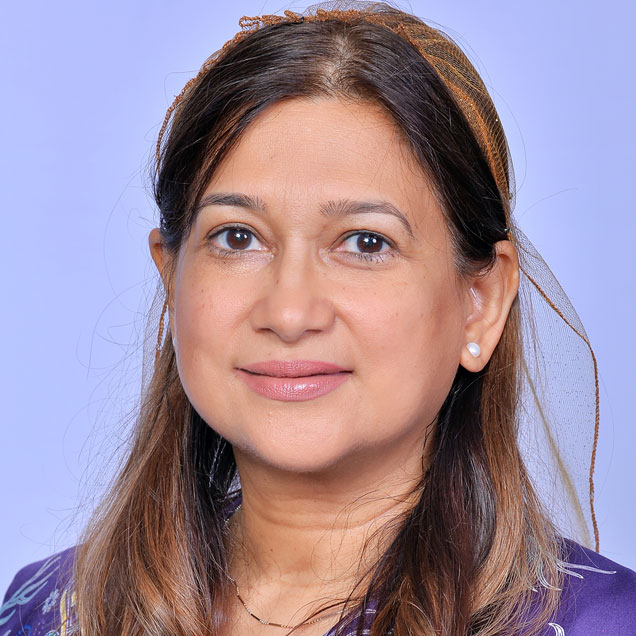
The Maldives in which I grew up were very different from the Maldives of today. We didn’t have multiparty democracy then. So there were no protests, there were no opposition to the government. It was a country where people were nervous about being critical of the authorities.
When I first came here, it was during the anti apartheid movement. I joined it at University. The first piece of political activism in which I participated was a demonstration in front of South Africa house, as part of the Keele University Anti-Apartheid Society.
That was my first experience of student power, of people power. I had never experienced that before in my country. At that time former president Nasheed was also a student here. All of us used to get together at the weekend and talk about democracy, and how people can come together to make a change. I think that is what got me into the democracy movement.
During my previous tenure, I met the South African High Commissioner and she showed me photographs of the protests, hundreds of people, day after day. It was a very sobering moment for me to see those shots and realise that I was there, somewhere. This is what people, men and women, can do when they work together.






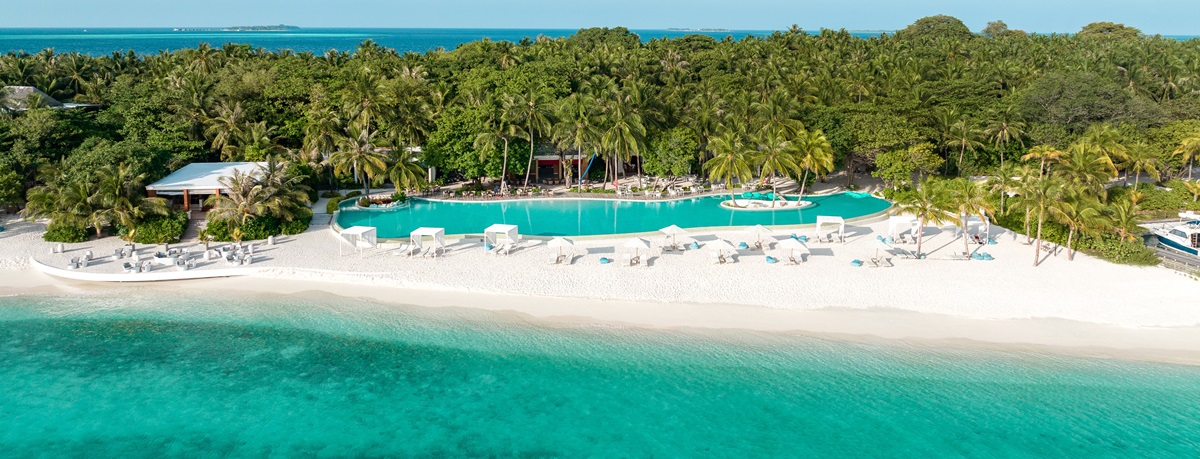
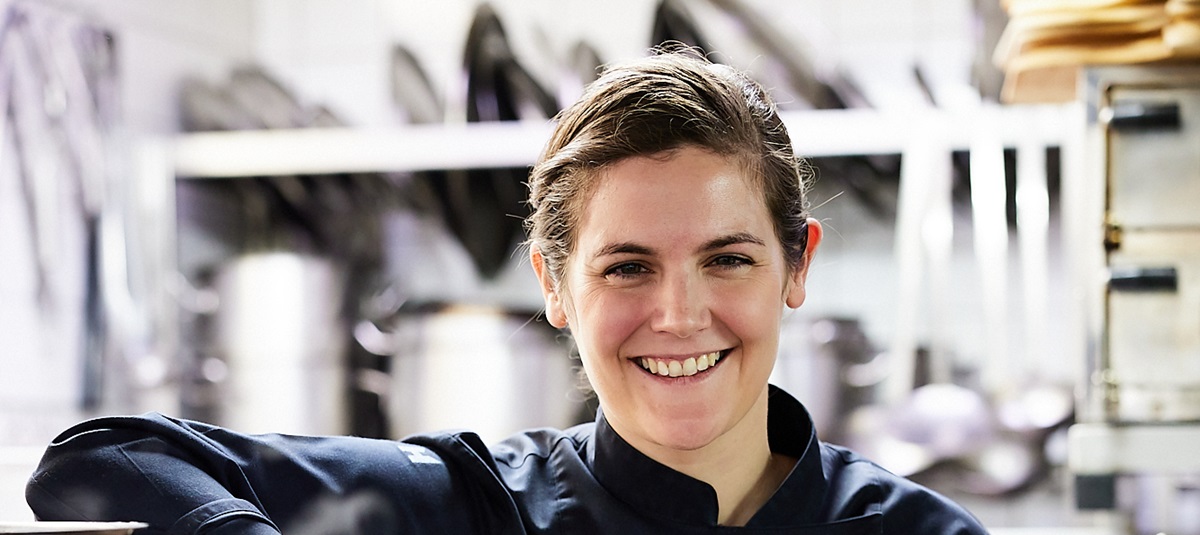
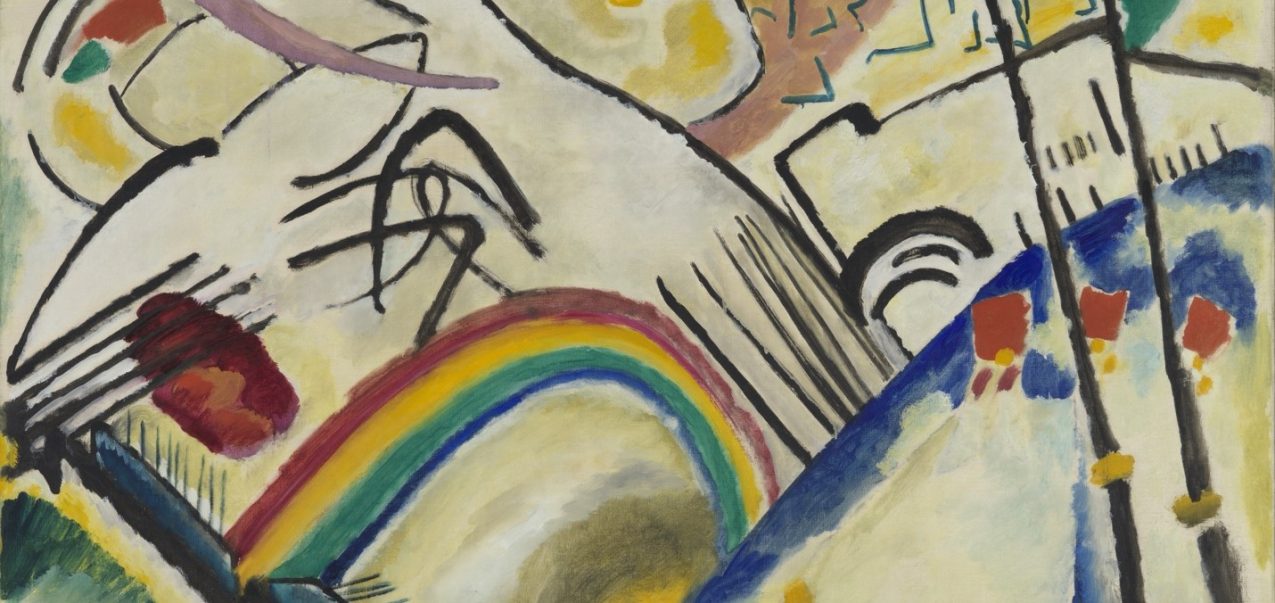
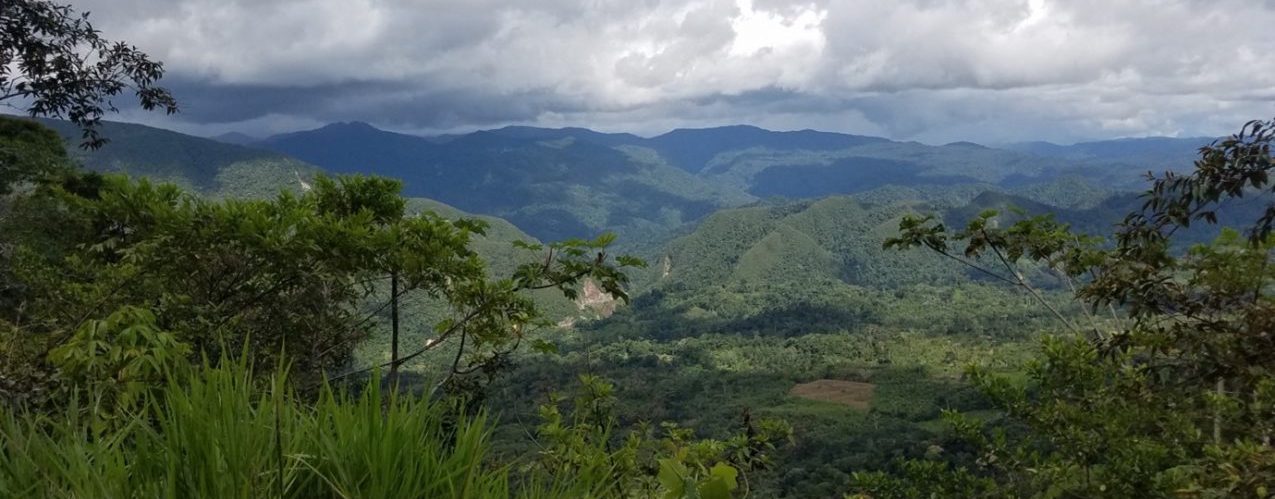
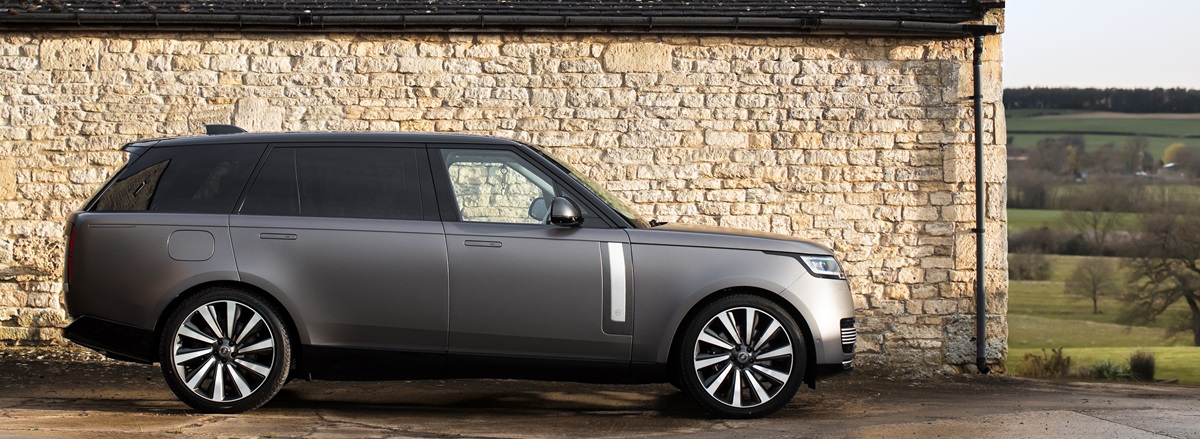
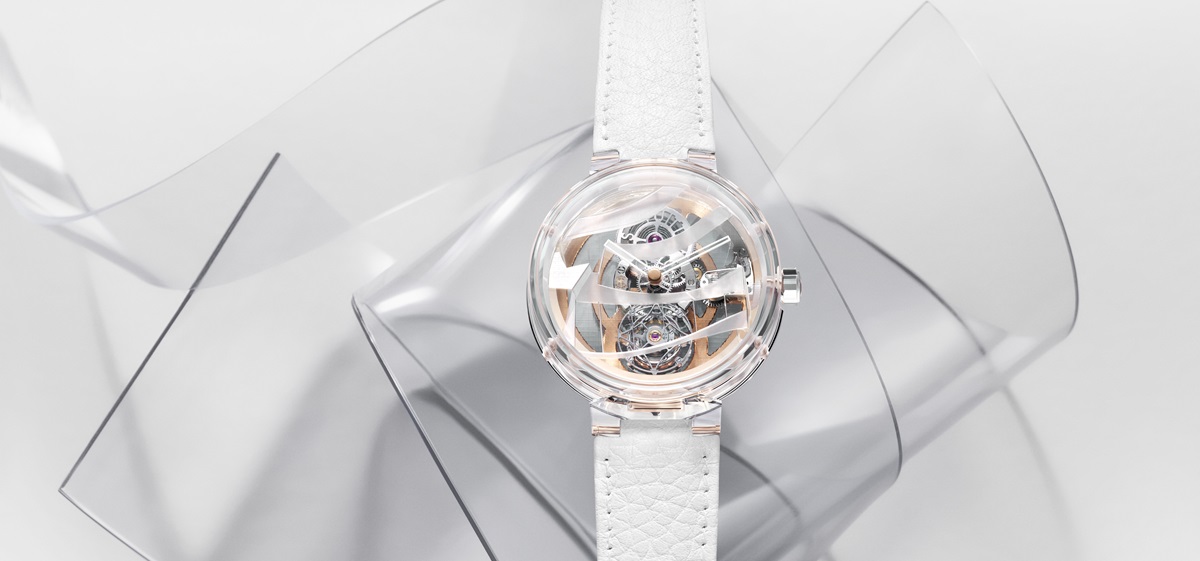
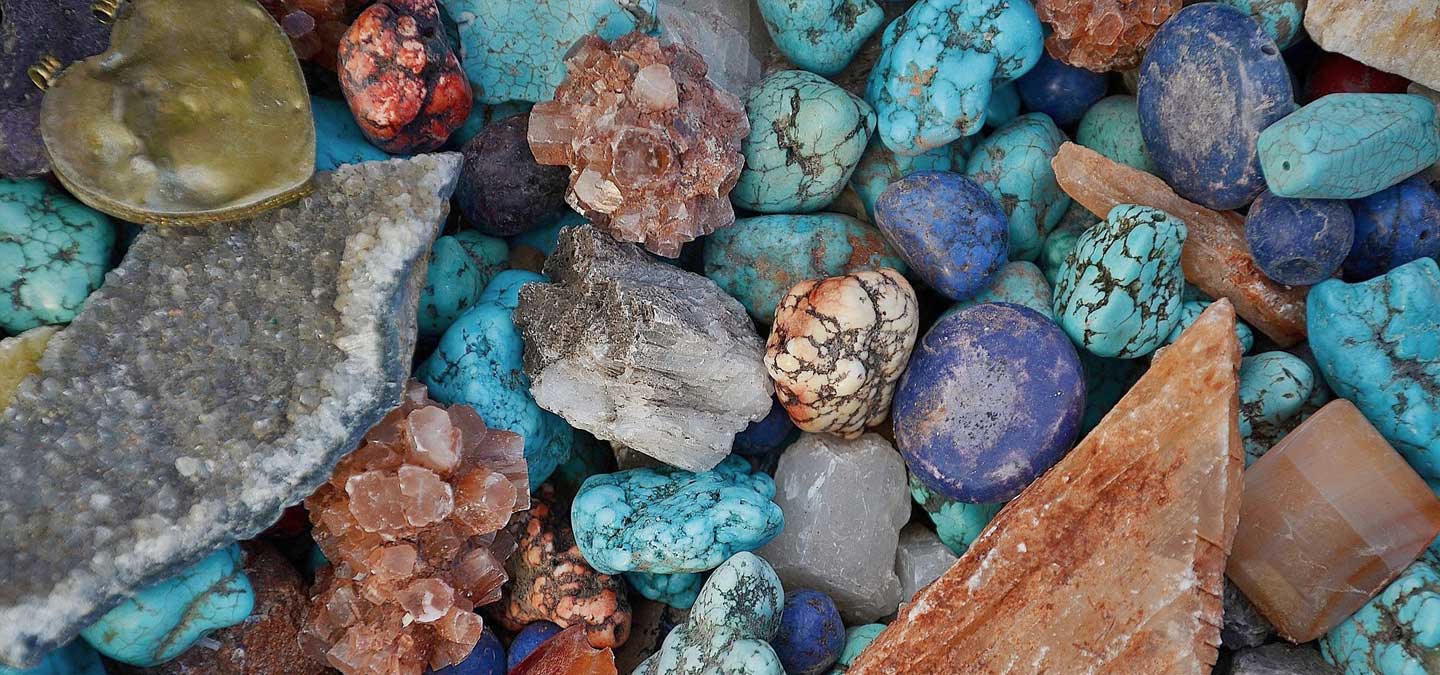

Show Comments +